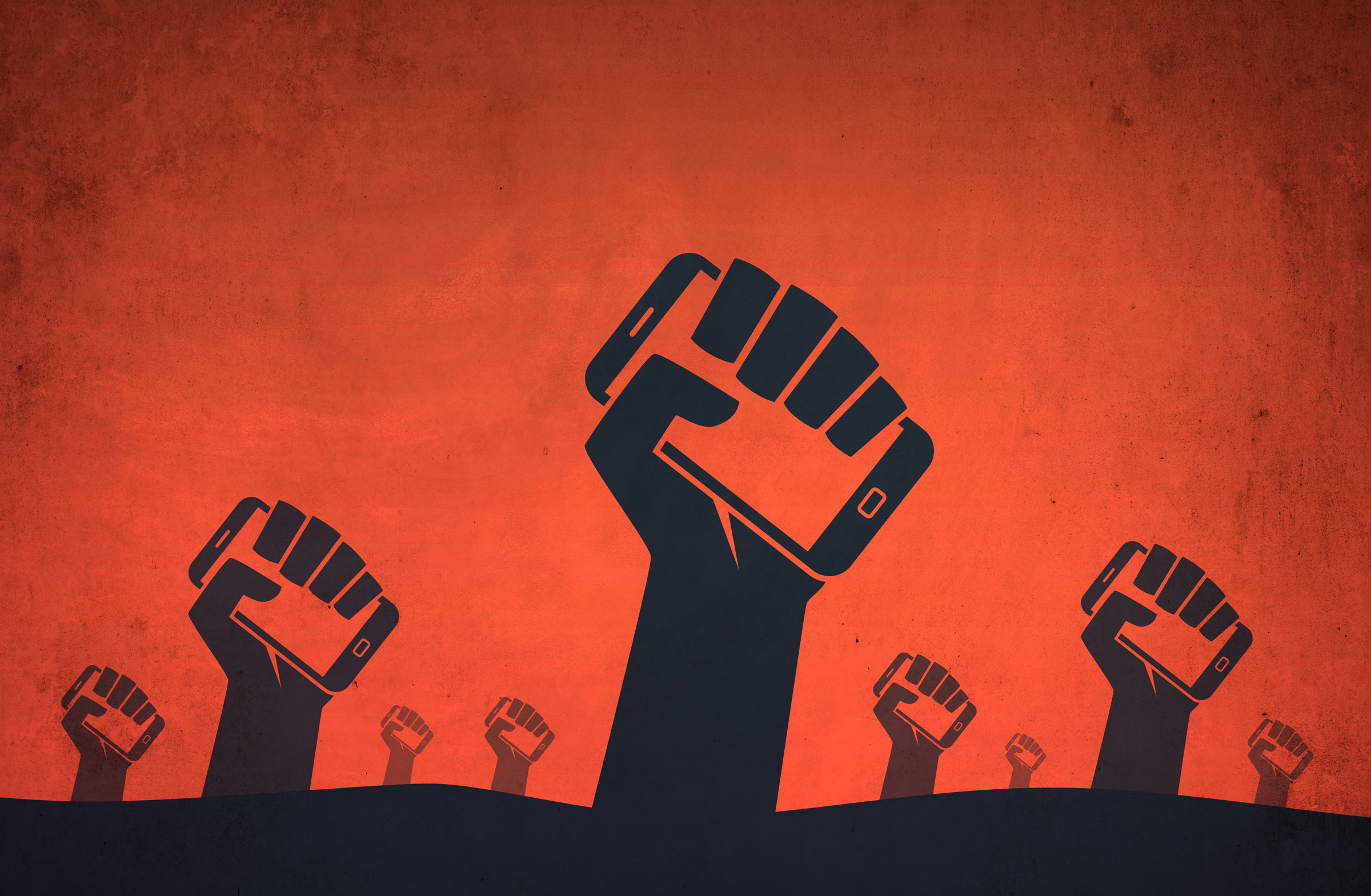
Global internet freedom declined for a thirteenth consecutive year in 2023, partially as a result of AI being used to sow disinformation and enhance content censorship, according to a new report from U.S.-based nonprofit Freedom House.
The 2023 Freedom on the Net report, published on Oct. 4, assesses the state of internet freedom in 70 countries through a comprehensive methodology examining obstacles to access, limits on content, and violations of user rights. The report found that many countries—including Myanmar, the Philippines, Costa Rica—have drastically restricted online freedoms this year. China has the lowest levels of internet freedom for the ninth consecutive year, the report said.
Freedom House, established in 1941, publishes Freedom in the World and Freedom on the Net annually. These reports assess countries’ civil and political liberties, and their online liberties respectively.
Although the root causes of internet repression are complex and vary by country, there are two major drivers of the trend of the last decade, says Allie Funk, research director for technology and democracy at Freedom House. First is the broader decline in democracy, also tracked by Freedom House. Second, is “the success of the Chinese government in being able to export its model of cyber sovereignty abroad.”
“AI is increasing the scale of digital repression, but the use of AI has not replaced traditional forms of digital repression,” says Funk. “I expect this to get worse in the future, particularly as AI grows more sophisticated.”
In 55 of the 70 countries assessed for the report, people faced legal repercussions for online expression—a record high. And in 41 of the countries, people were assaulted or killed as a result of what they said online.
Freedom House also found that websites displaying content protected by international human rights law were blocked in a record 41 countries.
AI and online freedom
Advances in AI contributed to declining online freedom in two major ways, according to the report. First, AI-based tools, which are increasingly sophisticated and accessible, have been increasingly used to spread disinformation. Over the past year, “the new technology was utilized in at least 16 countries to sow doubt, smear opponents, or influence public debate.”
AI has also been used to make content censorship more efficient. In 22 countries analyzed in the report, including India, Vietnam and Nigeria, local laws require digital platforms to remove content deemed as unacceptable for political, social, or religious reasons.
In 2021 India passed a law requiring social media companies to use AI-based moderation tools to define or to remove content deemed illegal under local law, says Funk. “Earlier this year, the Indian government ordered YouTube and Twitter to restrict access within India to a BBC documentary that investigated Prime Minister Modi's role in communal violence back in early 2000s,” she says. “YouTube and Twitter moving forward now have to remove every single post that mentions that BBC documentary, and the government no longer has to order that. Because they're required to use automated systems, it's censorship in perpetuity.”
Efforts to expand online freedom
While AI is being used to repress freedoms online, Funk says that the technology could also be used to expand internet freedoms, pointing to Geneva, an AI-based system that automatically evolves and tests ways of modifying network traffic to bypass internet censorship. “There's so much opportunity,” she says. “We just need to make sure that we regulate AI appropriately—so it can be operated in a safe and fair way, so that it can be used to bolster internet freedom.”
While the drivers for reduced online freedom are complex and hard to tackle, there are things that governments and companies, working in concert with civil society, can do to turn the tide. Many of the surveillance technologies used by authoritarian governments were produced by companies in democratic countries, says Funk. This presents a possible lever for protecting freedom—regulation preventing the sale of these technologies to governments that would use them to limit civil and political liberties.
Funk highlighted the executive order President Biden signed in March, which limits federal agencies’ ability to use commercial spyware, as a positive development.
Freedom House supports the idea of policymakers working with civil society experts globally to “establish strong human rights–based standards for both state and nonstate actors that develop or deploy AI tools.”
“Protecting freedom of expression will require strong legal and regulatory safeguards for digital communications and access to information,” says Freedom House.
More Must-Reads from TIME
- Why Trump’s Message Worked on Latino Men
- What Trump’s Win Could Mean for Housing
- The 100 Must-Read Books of 2024
- Sleep Doctors Share the 1 Tip That’s Changed Their Lives
- Column: Let’s Bring Back Romance
- What It’s Like to Have Long COVID As a Kid
- FX’s Say Nothing Is the Must-Watch Political Thriller of 2024
- Merle Bombardieri Is Helping People Make the Baby Decision
Write to Will Henshall at will.henshall@time.com